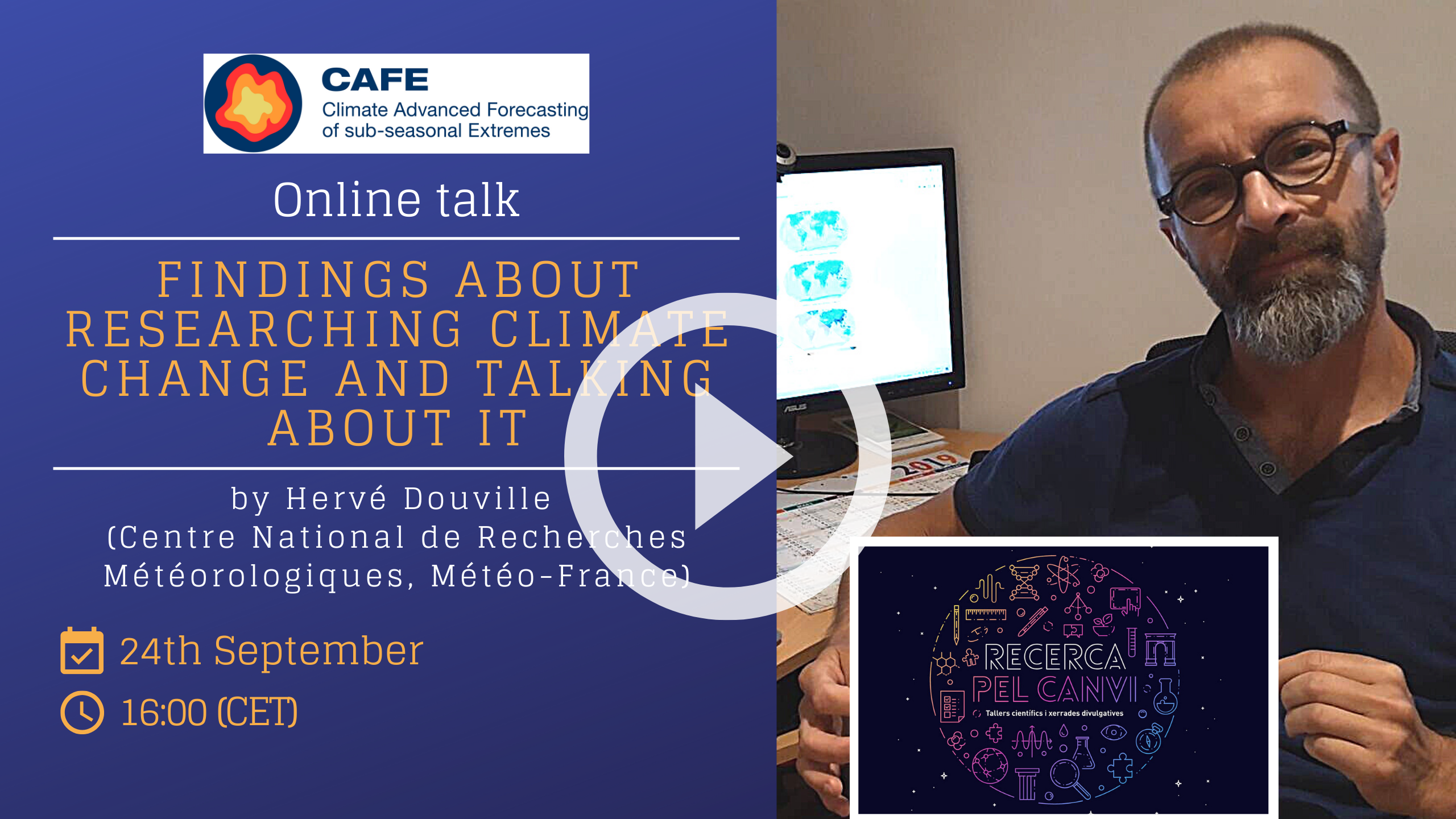
 September 24th, 2021
September 24th, 2021
 Online via YouTube
Online via YouTube
 16:00 (CET)
16:00 (CET)
Sudden deactivation of the Madden-Julian Oscillation
As Randall [1] explains, in recent years atmospheric science has been “struggling to understand a very large and powerful tropical weather system called the Madden-Julian oscillation, or MJO. The MJO occurs mainly over the remote tropical oceans and was not discovered until the early 1970s. It strongly influences precipitation over southern Asia and northern Australia, affecting the lives of literally billions of people. It is also believed to influence the timing and intensity of El Niños. Despite its im-portance, the MJO is perhaps the last type of weather system for which the basic physi-cal mechanisms are not well understood.” Following Hottovy [2], 10 years after Ran-dall, one can state that nowadays “there is a lot of hypotheses about basic physical mechanisms of the MJO but not a consensus on them.”
As part of the activities organised by the CAFE network for the European Reserchers’ Night 2021, CAFE Team member Hervé Douville will give an open online talk that will be streamed at the event’s YouTube Channel.
Hervé Douville is a researcher at the Center National de Recherches Météorologiques in Météo-France, and works in global climate modeling and analysis, specialized in the water cycle. He is the lead author of chapter 8 (Water Cycles) in the Sixth Assessment Report of the Intergovernmental Panel on Climate Change (IPCC), a United Nations agency that provides policy makers with a scientific assessment of climate change. The report addresses the most up-to-date physical understanding of the climate system and climate change, bringing together the latest advances in climate science, and combining multiple lines of evidence from paleoclimate, observations, process understanding, and global and regional climate simulations.
Hervé Douville will share some of his experience on participating in this assessment and will highlight some key findings of relevance to both mitigation and adaptation policies.
The European Researchers’ Night, funded under the Marie Skłodowska-Curie actions, is a Europe-wide public event that brings researchers closer to the public. The European Researchers’ Night showcases the diversity of science and its impact on citizens’ daily lives, stimulating interest in research careers, particularly among young people, across more than 400 cities in Europe and beyond.
This year the European Researchers’ Night will run on September 24th in Barcelona with online and live activities. Children, young people and families will meet researchers and discover research, science and innovation through hands-on experiments, science shows, games, quizzes, competitions, exhibitions, and digital activities.
* The talk will be in English.

